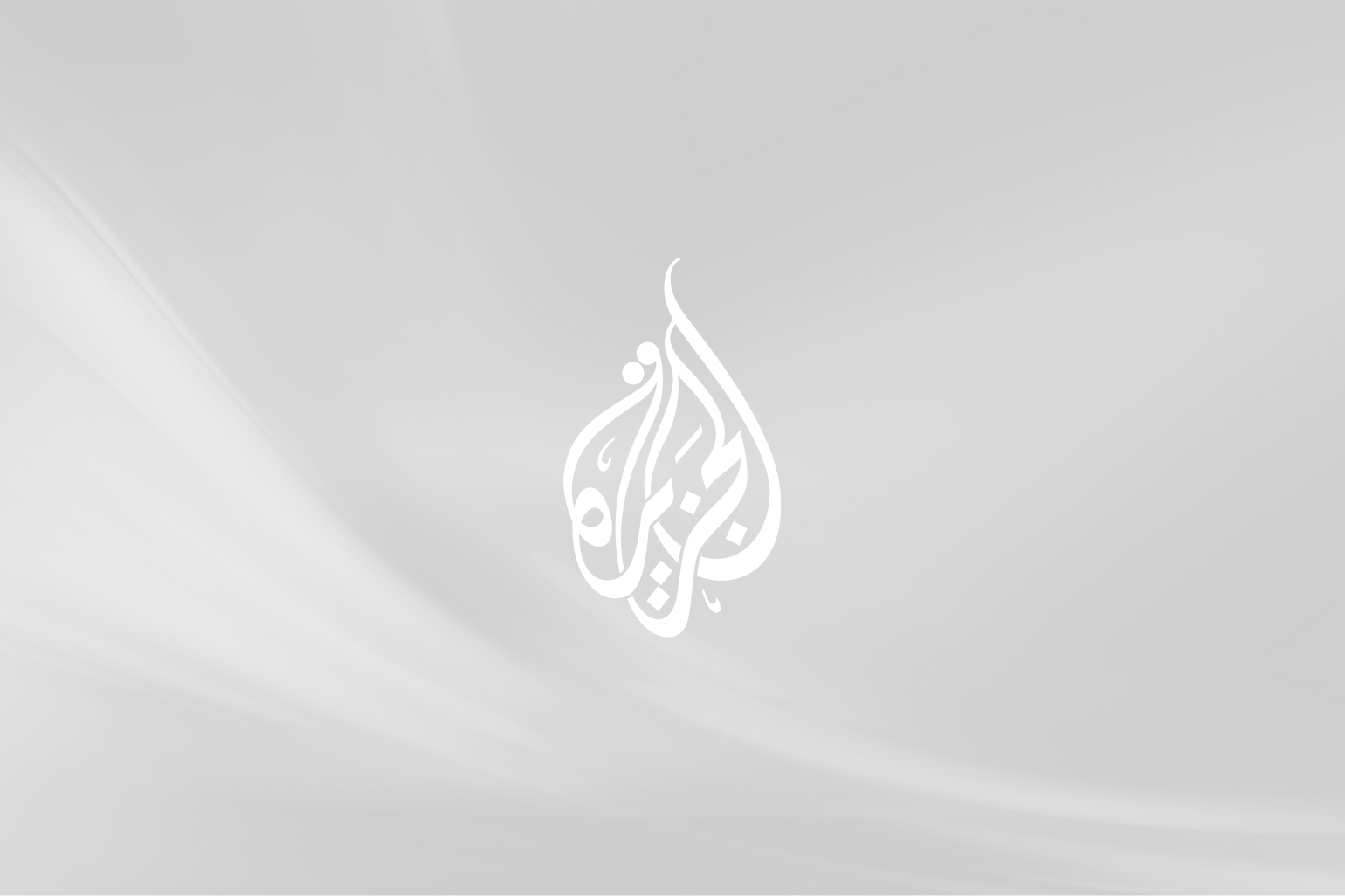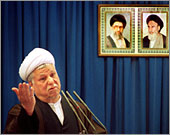Iran rejects US nuclear censure
Iran’s former president Akbar Hashemi Rafsanjani played down United States concerns over Iran’s nuclear plans and stressed their peaceful purposes.
 |
| Rafsanjani asks pertinent question |
Rafsanjani confirmed that Iran intends to produce 7,000 megawatts of nuclear power within 20 years. This target will require uranium and a domestic nuclear fuel cycle.
Addressing US concerns over Iranian nuclear development, the former president reminded the world that “Americans advised Iran to generate 20,000 megawatts of electricity during the former regime and submitted plans for building power plants. Now they say Iran does not need nuclear power since it has abundant oil and gas”.
“How come we needed atomic plants at that time [of the pro-West shah] when our daily oil production stood at six million barrels, whereas now that only three and a half million barrels per day is produced we do not need such plants?” he asked.
Peaceful nuclear development
Nuclear facilities are under construction near the town of Natanz and near Arak. Iran’s foreign ministry spokesman said the country’s only nuclear activity is of a peaceful nature, and its facilities have been “regularly and frequently” inspected by the International Atomic Energy Agency (IAEA).
Hamid Reza Assefi announced Iran had never committed any acts that could be considered contrary to international rules, nor planned to do so in the future.
Assefi claimed the United States was trying to start a negative publicity campaign to divert attention from other issues.
“This kind of publicity is not new,” he said. “Certain circles within the United States are trying to create tensions and poison the international atmosphere, and to avert international public opinions away from the real regional danger, which is Israel.”
Perfectly legal
 |
| UN has no problem with Iran’s nuclear programme to date |
IAEA officials also point out that nothing Iran is known to have done has violated international law.
During his 21-22 February trip to Iran, the IAEA Director General Mohammad al-Baradai visited a uranium enrichment plant under construction at Natanz, including a gas centrifuge pilot plant.
The Government of Iran committed itself then to an additional legal obligation requiring the early provision of design information.
The role of the IAEA is to verify, under a comprehensive safeguards agreement with all member states, that nuclear activities are not used for nuclear weapons or other nuclear explosive devices.